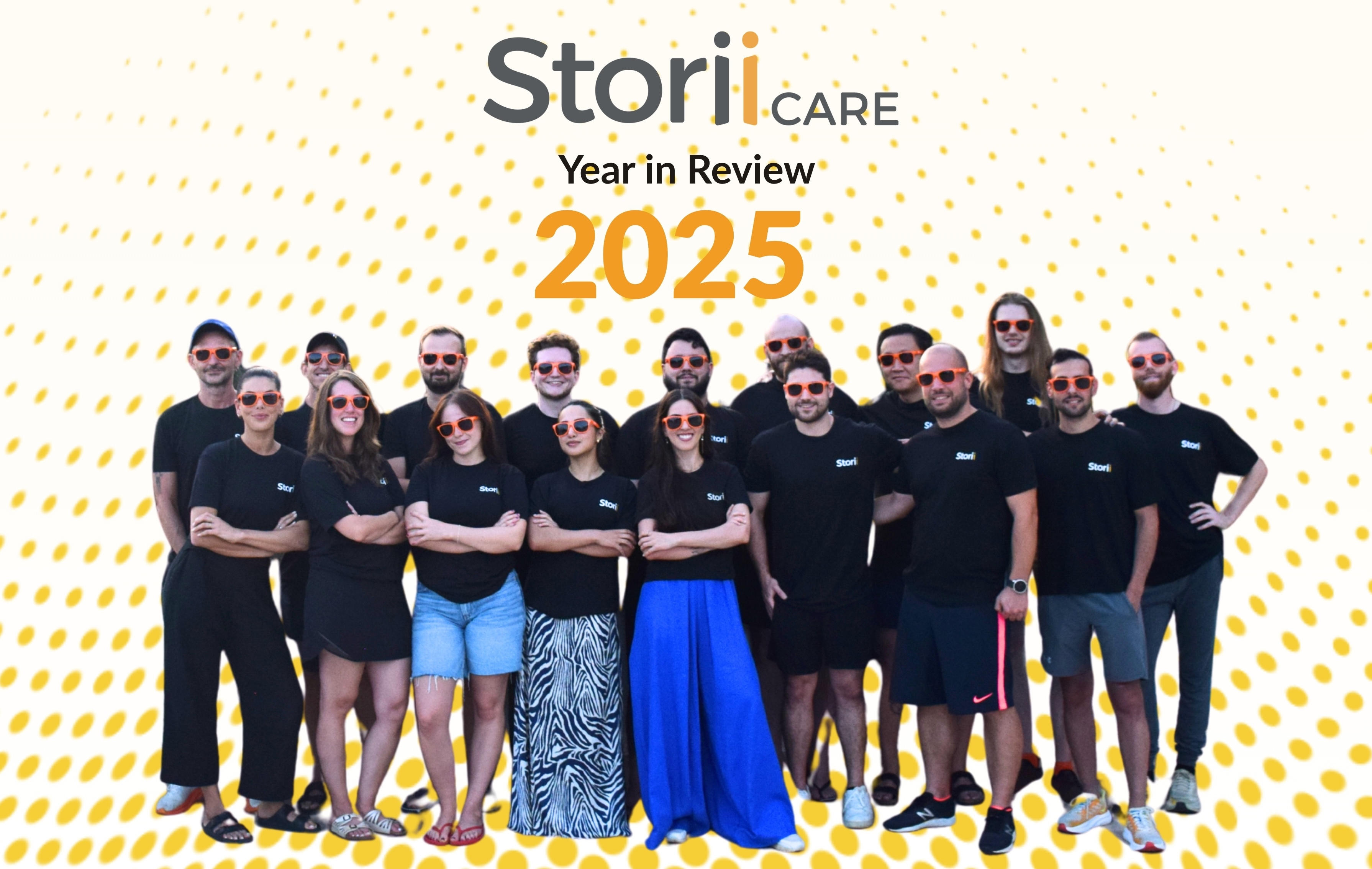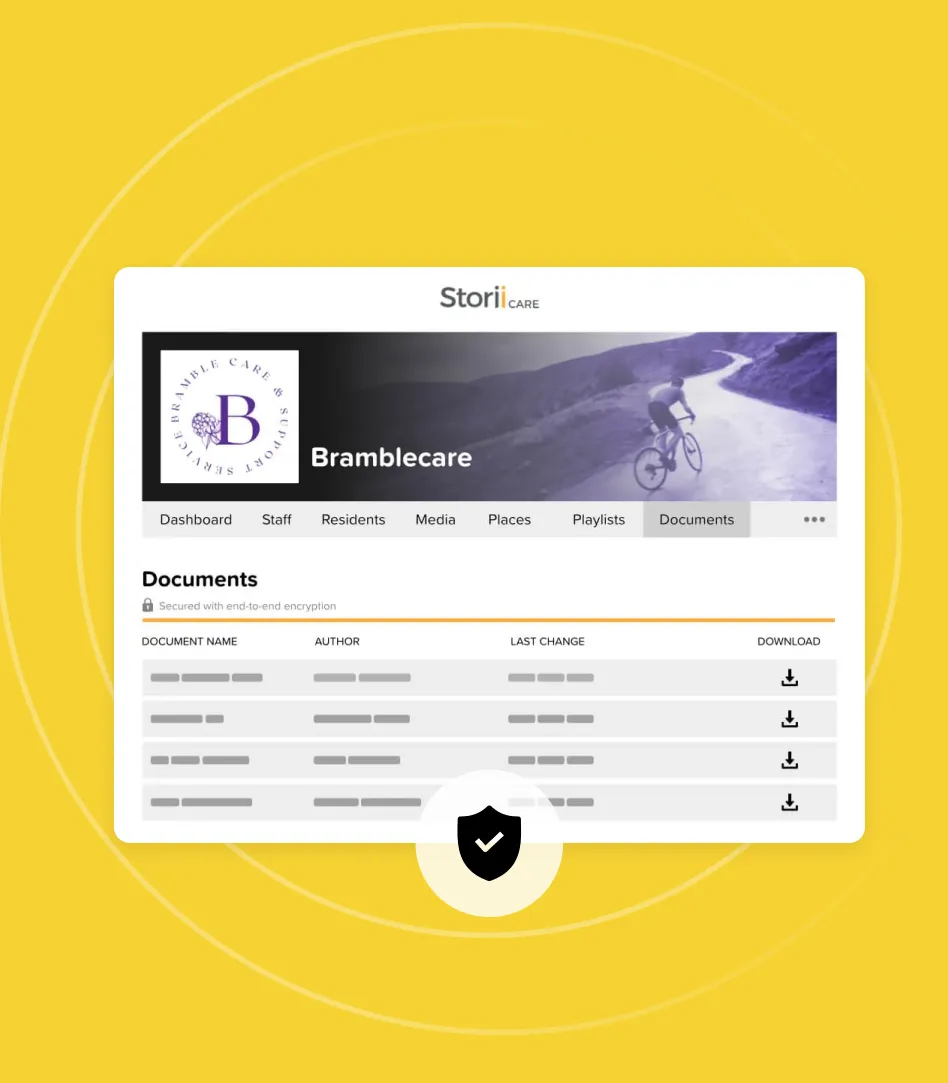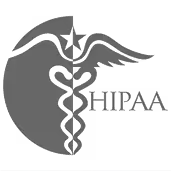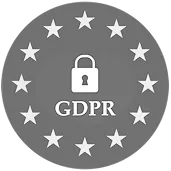That’s right – recording data at your adult day center can be not only informative, but also helpful to your staff as they work with their clients. You’re probably thinking, What kinds of data am I supposed to be recording? That depends on the size of your center and the type of services you offer, so let’s talk about the most common ways to record your data and what they can do for you and your clients.
Why you should record data
One of the most important things you can do as a provider is to collect and record data. This will allow you to pinpoint exactly what services are most popular and which programs may need some changes. Recording this information will also let you know which staff members are doing a great job and which ones need more training or supervision.
What data should you be recording?
There’s a myriad of things that you can record, depending upon your goals for the adult day care. Include such options as:
- What type of food are you serving?
- What activities are you doing with the residents?
- How often do they get to go outside for fresh air and exercise?
- Who is their caregiver, and what tasks do they need assistance with?
- What medication schedules are they on, and how well do they follow them?
- Do they have any chronic illnesses that require special care?
- Are there any major changes going on in their lives that may be causing distress, like a move or loss of a loved one?
- Did they feel safe at the center today?
- Do they feel welcome when they arrive every morning?
- What was their mood today?
- What was the atmosphere like during lunchtime?
- Who did they enjoy spending time with today?
- Did they enjoy singing during our daily sing-along time?
How can this data help you improve?
- It helps you know when to schedule more staff members to work the next day.
- It helps you know what time of year it is, which will affect the amount of clients attending throughout the year.
- It helps you see if there are any days where attendance is low and decide what kind of activities would be good for those days instead.
- You can use this information to make sure that everyone who wants to attend gets a spot because you have a limited number of slots.
- You also need this information so that you know how much food, cleaning supplies, and other things you need before the next day comes around.
- It’s easy to forget about these things without writing them down somewhere like the records from your previous day or week.
- These records will help you plan better for tomorrow by helping you know what happened today and what might happen tomorrow based on past data.
- They'll also let you know about things going well or not going well as soon as possible so that changes can be made quickly, if necessary.
What are some other benefits of recording data?
The first benefit of recording - and probably the most important - is that it will give you an accurate representation of how many people are using your service. This information will allow you to determine if the number of clients needs to be increased, decreased, or stay the same. It also allows for a more precise assessment of the quality of care being provided by staffers. For example, if staff members are neglecting a specific client who requires additional attention, that client's records will show it. Recording data will also allow you to see if there have been any safety issues at your center that need addressed as well as if there have been any staff members who have been unprofessional or unsafe in any way.
How to best record data
When you create a digital profile for your business with a service like StoriiCare, you'll be able to record data on the number of customers, their gender, medications, and special needs, and the types of activities they participated in. You'll also be able to track how often they come by and what services they used each time. We offer a range of services that are all fully certified regarding data security, such as activity pro and care pro, to empower activity directors and comprehensive care management.


.avif)
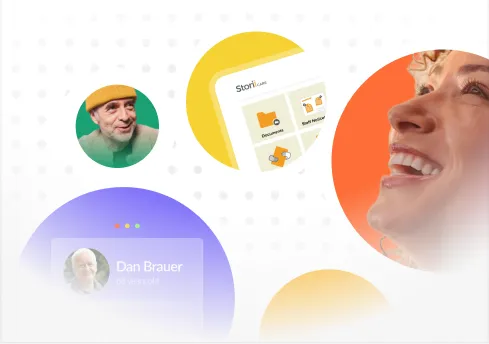
.png)
.png)
